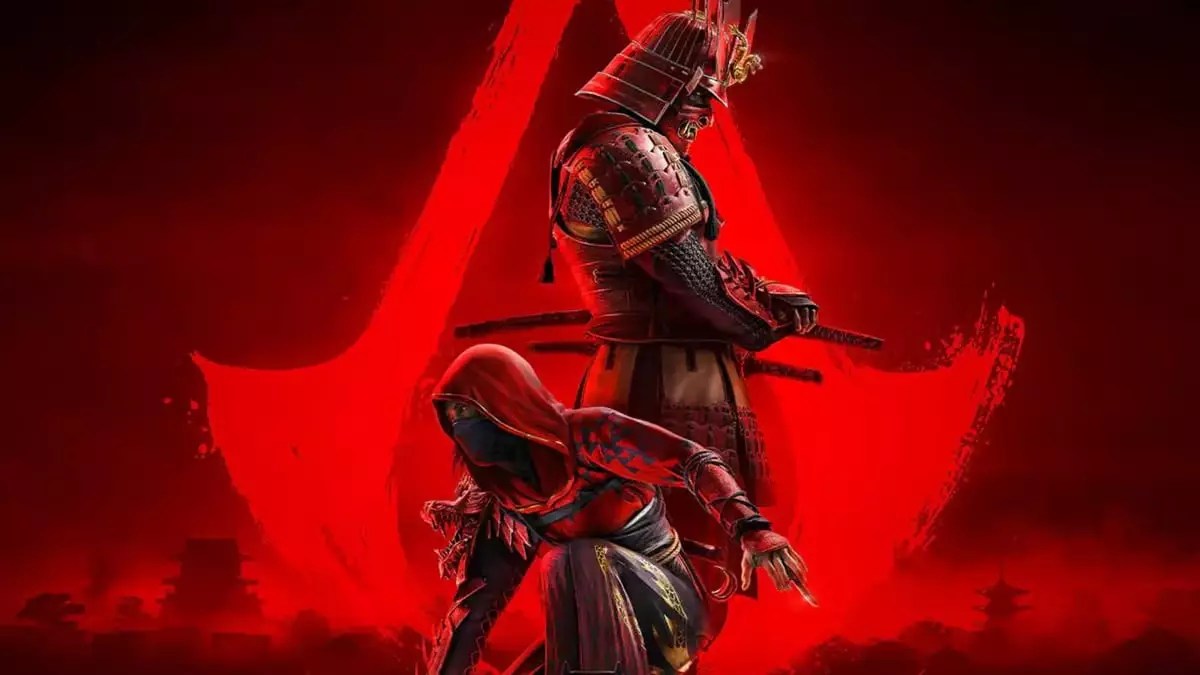Ubisoft, a titan in the gaming industry, is once again poised to redefine its legacy by bringing its flagship franchise, Assassin’s Creed, to the eagerly anticipated Nintendo Switch 2. This move signals more than just a port; it reflects a strategic vision to blend cutting-edge technology with storied franchises, creating gaming experiences that transcend traditional boundaries. The recent hints from Ubisoft’s leadership, coupled with credible listings on PEGI, suggest that Assassin’s Creed: Shadows, a mature and visceral entry set in feudal Japan, might soon find a new home on Nintendo’s hybrid console. Such a transition is not trivial; it demands a careful balance of maintaining the franchise’s depth while respecting the limitations and unique strengths of portable gaming hardware.
This venture is ambitious—and rightly so. Assassin’s Creed has long been synonymous with sprawling open worlds, cinematic storytelling, and complex gameplay mechanics. Translating this to a device known primarily for portability and hybrid functionality involves not just technical adaptation but also reimagining gameplay to ensure it remains compelling and immersive. The idea that Ubisoft is considering such a large-scale title for Switch 2 indicates a desire to push the boundaries of what Nintendo’s latest console can deliver. It suggests that Nintendo’s next-gen hardware isn’t just about casual gaming; it aims to attract mature, story-driven experiences that have historically been associated with powerful consoles like PlayStation and Xbox.
Challenging Expectations: The Technical and Artistic Evolution
Assassin’s Creed: Shadows, with its mature content and intense themes—ranging from graphic violence to sensitive depictions of historical rituals—pushes the envelope of what’s traditionally expected on portable platforms. The game’s PEGI 18 rating underscores its visceral content, including decapitations, violence against defenseless characters, and other chilling portrayals typical of a game set in feudal Japan featuring warriors like samurai and shinobi. Porting such a graphic and complex game to the Switch 2 would require remarkable technical finesse. Ubisoft must optimize graphics, AI, and physics to fit into the console’s hardware without sacrificing the narrative’s intensity or gameplay depth.
What is perhaps most fascinating about this development is the potential for innovation. The Switch 2 is expected to feature enhanced graphics capabilities, faster load times, and improved processing power. This opens a window for Ubisoft to craft a version of Shadows that leverages these improvements, delivering a more visceral experience even within a portable format. Such an adaptation challenges existing perceptions of what mobile or hybrid gaming can achieve, pushing developers to rethink how mature themes are presented on handheld devices.
Furthermore, this move might redefine open-world gameplay. Traditional AAA experiences have been confined to high-end entertainment systems, but with careful design, Ubisoft could offer a condensed yet powerful version of Shadows that retains its narrative potency and gameplay complexity. This could open up new avenues for storytelling, perhaps even incorporating innovative controls or portable-specific mechanics that enhance immersion.
Strategic Significance and Industry Impact
Ubisoft’s hint at Assassin’s Creed: Shadows arriving on Switch 2 signals a broader industry shift. It exemplifies a growing recognition that portable gaming devices are no longer simply for casual play or indie titles; they are becoming legitimate platforms for mature, content-rich experiences. If Ubisoft successfully adapts Shadows, it could set a precedent for other AAA developers to consider similar ports. This democratization of high-quality, narrative-driven gaming on mobile hardware could revolutionize consumer expectations.
Moreover, Ubisoft’s decision reflects a strategic understanding of market dynamics. With the upcoming launch of Switch 2, Nintendo is positioning itself not just as a family-friendly console but as a versatile gaming hub capable of handling serious, intense titles. Collaborating with Ubisoft for Assassin’s Creed: Shadows—especially considering the franchise’s global popularity—can bolster Nintendo’s flagship lineup and draw in an adult demographic eager for immersive experiences on a portable device.
The inclusion of other titles like Star Wars Outlaws further emphasizes Nintendo’s commitment to broadening its content library. Such moves also suggest that Ubisoft views Switch 2 as a key platform for its future projects, believing that the hardware can deliver on both performance and narrative demands. This strategic alignment might influence industry trends, prompting other major publishers to see Nintendo’s next console as a viable space for blockbuster titles.
The Future of Gaming on the Go
Ultimately, Ubisoft’s push to bring Assassin’s Creed: Shadows to Switch 2 exemplifies a bold vision for the future: that portable gaming devices can host rich, mature, and complex worlds. This is a move driven by more than just commercial opportunity; it’s about redefining what is possible in the realm of portable entertainment. As developers grapple with hardware limitations, they will need to innovate creatively—saving immersive storytelling and intense gameplay for handheld devices with the same fervor traditionally reserved for high-end consoles.
The integration of such titles on Switch 2 challenges old assumptions about gaming genres and platform capabilities. It signals a future where console generations are less about fixed hardware limitations and more about expanding the boundaries of what is possible. For players, this means experiencing rich, detailed worlds anytime, anywhere—without compromise. For Ubisoft, it’s a chance to lead this paradigm shift, proving that mature, story-driven games are not confined to big boxes in your living room but can flourish in the palm of your hands.


Leave a Reply